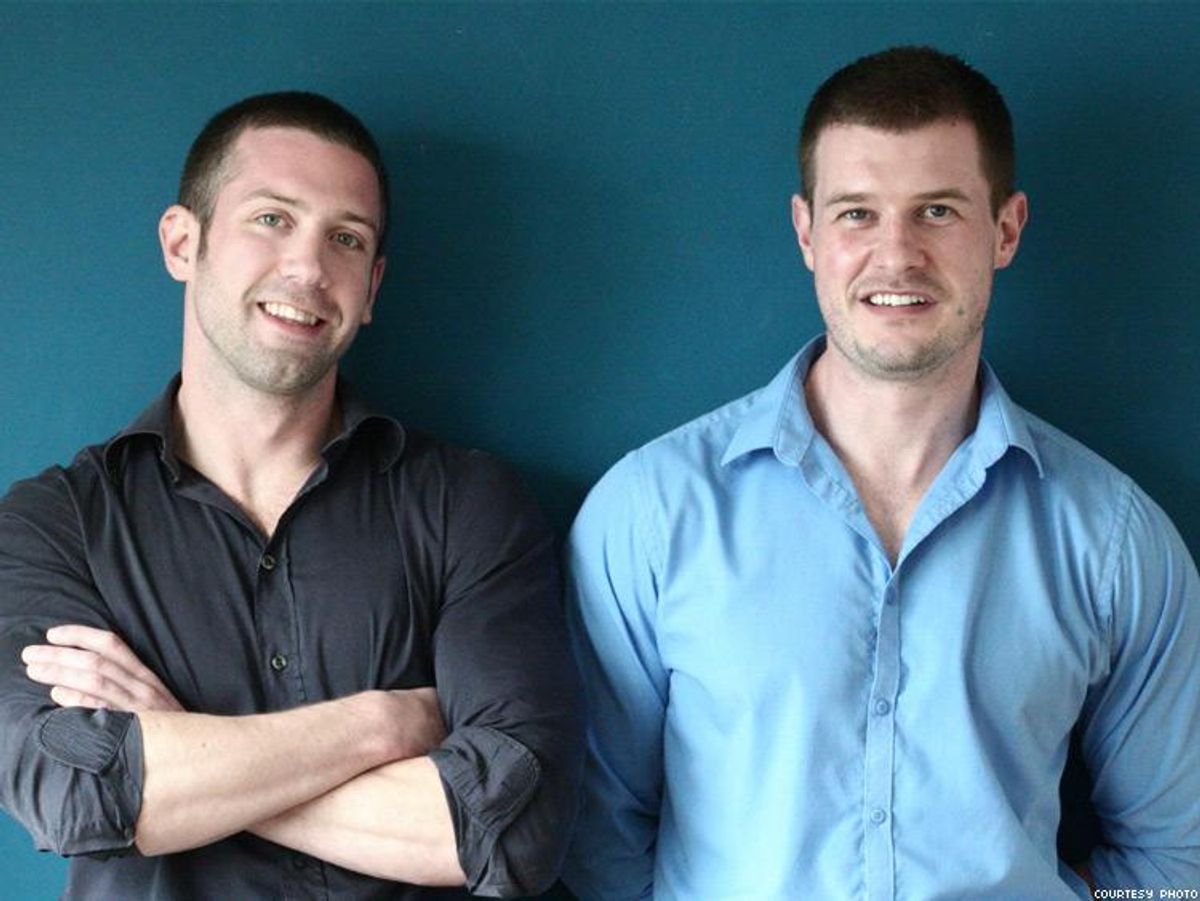Pictured above, Aldatu Biosciences founders, Dr. David Raiser (L) and Dr. Iain MacLeod (R)
A small biotech startup company, Aldatu Biosciences, with only five full-time employees has received a $3 million grant from National Institutes of Health, or NIH. The grant comes specifically from the NIH’s National Institute of Allergy and Infectious Disease (NIAID). NIAID’s grant program is for small businesses engaged in innovative research.
This grant was awarded to Aldatu to continue development of a test for HIV drug resistance. Aldatu says the test can detect mutations in the HIV genome that are associated with drug resistance.
Aldatu Biosciences is located at the Pagliuca Harvard Life Lab, at the school’s Allston campus in Massachusetts. In March of 2015, Aldatu received a $1.5 million, two-year grant from the NIAID program which went toward the development of their HIV drug resistance test. The success of the initial project prompted the NIAID to award them the new $3 million grant to continue the work.
Aldatu co-founder Dr. David Raiser says the program is a “phenomenal mechanism” for supporting research and commercialization efforts at young biotechs. “For us it’s been a great resource,” Raiser said in a report from the Boston Business Journal. “We wouldn’t have been able to do almost anything that we’ve done without support from the NIH.”
Dr. Iain MacLeod, Aldatu’s co-founder, echoes Raiser’s statements. “We are very pleased to have received these funds from the NIAID, which has been extremely supportive of our efforts to develop affordable HIV drug resistance diagnostics,” MacLeod said in a press release.
This new award will allow Aldatu to further apply the latest technology and product development for the diagnosis of resistance to HIV protease inhibitors, which are commonly found in pediatric first-line and adult second-line antiretroviral drug regimens.













































































